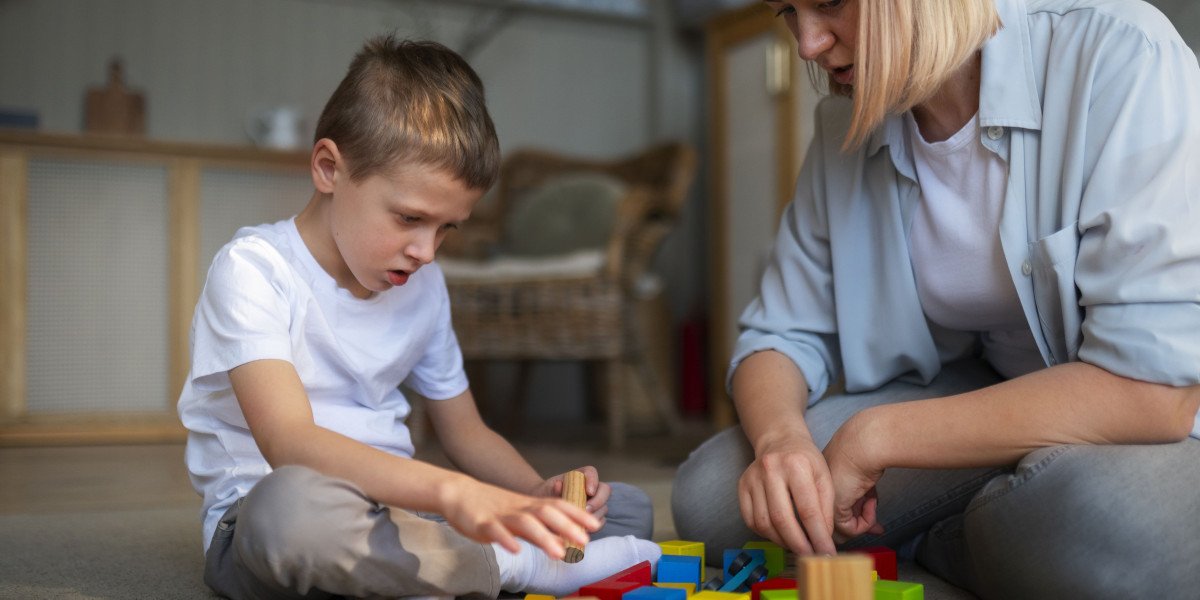Parkinson’s disease brings progressive changes that can impact mobility, balance, speech, and overall independence. While the condition cannot be reversed, advancements in therapeutic science have transformed the way individuals manage symptoms. Today, Parkinson's Disease Rehabilitation focuses on innovative techniques that support long term mobility and enhance quality of life. To explore structured care options, visit https://buddhiclinic.com/we-treat/parkinsons-disease-treatment/
A New Era of Movement Rehabilitation
Rehabilitation was once limited to basic exercise routines and medication support. Modern therapy integrates scientific research, neuromuscular techniques, and personalized interventions that target the specific challenges associated with Parkinson’s. This shift has empowered individuals to regain control over their movements and build greater confidence in daily activities.
Advanced Gait and Balance Training
One of the biggest concerns for people living with Parkinson’s is instability. Freezing episodes, shuffling gait, and decreased stride length can increase fall risk. Rehabilitation specialists now use targeted gait training that includes rhythmic cues, structured walking patterns, and corrective posture techniques. These approaches help improve stability and coordination, making daily movement safer and more efficient.
Balance exercises are also a major component. Through controlled weight shifting, core strengthening, and sensory feedback training, individuals learn how to maintain equilibrium even during difficult movements.
Strengthening Functional Independence
Daily tasks like dressing, cooking, or moving around the house may become challenging over time. Parkinson's Disease Rehabilitation integrates occupational therapy to help individuals adapt their routines. This includes energy saving techniques, home modifications, and specialized hand exercises that enhance grip strength and fine motor skills.
By improving functional independence, individuals gain greater control over their personal routines, which boosts emotional well being and self confidence.
Speech, Voice, and Swallowing Support
Parkinson’s often affects vocal strength and clarity. Speech therapy focuses on improving pitch, loudness, and articulation through structured voice exercises. Breathing coordination and swallowing therapy are also included to reduce the risk of choking and maintain nutritional health.
These sessions help individuals communicate more clearly and express themselves with greater ease.
Neurocognitive and Emotional Wellness
Cognitive changes such as memory lapses, difficulty focusing, and slowed thinking are common. Rehabilitation programs incorporate neurocognitive training that strengthens problem solving, attention, and working memory. At the same time, emotional wellness is addressed through mindfulness activities and stress reduction exercises.
A holistic approach ensures the mind and body work together for better overall functioning.
The Role of Complementary Techniques
Modern Parkinson’s Disease Rehabilitation often includes complementary therapies such as:
gentle yoga
stretching therapies
breathing exercises
relaxation techniques
rhythmic movement sessions
These practices help reduce stiffness, improve flexibility, and support emotional balance.
Personalization Is Key
Every individual experiences Parkinson’s differently. A tailored rehabilitation plan ensures that therapy matches the person’s symptoms, goals, and lifestyle. Periodic evaluations help adjust the approach as needs evolve.
Conclusion
With modern therapeutic strategies, Parkinson's Disease Rehabilitation has become more effective, holistic, and empowering. Individuals can maintain mobility, independence, and confidence through a structured, personalized therapy plan. To explore comprehensive rehabilitation options, visit https://buddhiclinic.com/we-treat/parkinsons-disease-treatment/








